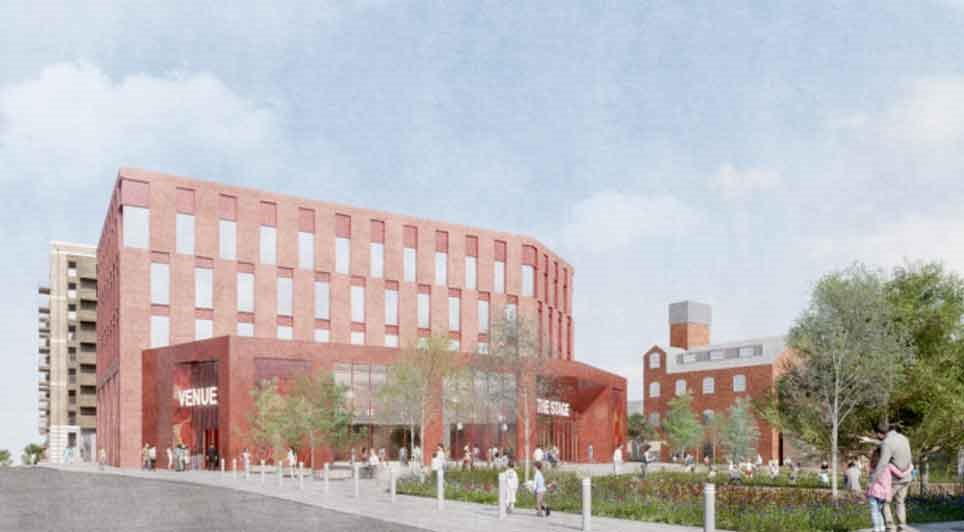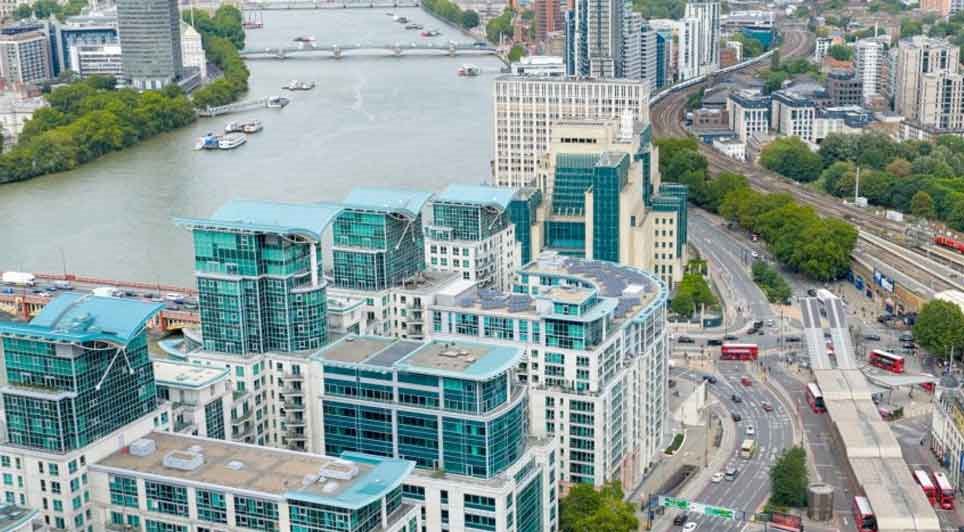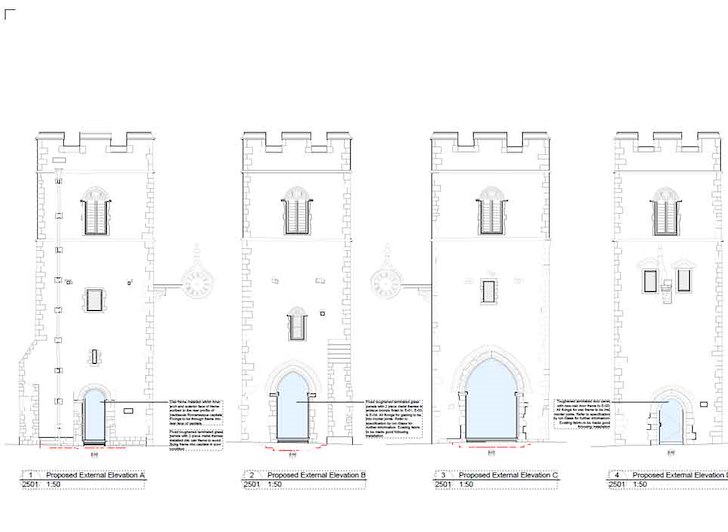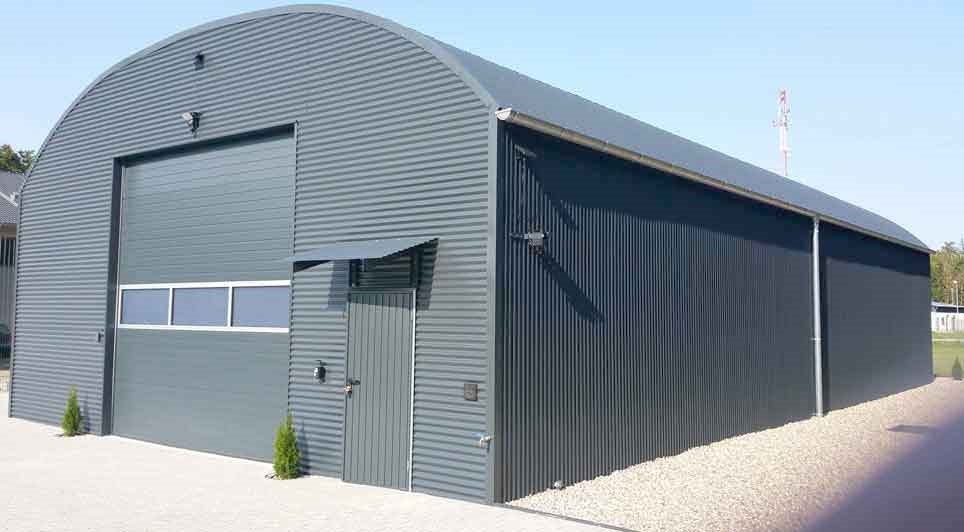Town halls are revising this year's council tax rises to help hard-pressed residents deal with their bills, new research published today shows.
The Local Government Association (LGA), which represents councils in England, has today revised its prediction for council tax rises for this year to 3% as local authorities finalise their budgets - the lowest rise in over a decade. A previous LGA estimate from January suggested a 3.5% rise.
The survey shows that, following consultation with local people, councils are reducing council tax rises to keep bills as low as possible for residents who are struggling with the effects of the recession.
A 3% increase on the 2008/09 average council tax bill per household would bring the average bill for 2009/10 to £1,414. The increase would be 79p a week.
The LGA survey, of over 300 councils, shows that town halls are keeping council tax increases down in spite of reductions in their income and a rise in the number of people and businesses turning to councils to provide help and support during the recession.
Cllr Margaret Eaton, Chairman of the LGA, said: "Money is tight for everyone and nobody likes paying more council tax and that is why town halls are making enormous efforts to keep bills down. Councils are responding to the fact that people are feeling the pinch and are revising down this year's council tax rises.
"Councils understand that people are suffering and they're working flat out to keep council tax down, to keep local businesses afloat and help people deal with the impact of the recession.
"Money that councils earn from services they charge for is falling sharply at a time when demand on their services is rising. From a rise in homelessness to more people needing debt advice, councils are reporting a huge uptake in their services. Town halls are having to tighten their belts in exactly the same way as hard-pressed families are.
"At this time of repossessions and redundancies, even more people need the vital support that only councils can provide. Town halls are taking decisive action to protect local people and businesses from the worst effects of the recession. They are helping to keep people in their own homes, offering support to the unemployed and helping small companies stay afloat."
(CD/JM)
 UK
UK Ireland
Ireland Scotland
Scotland London
London

.gif)




















